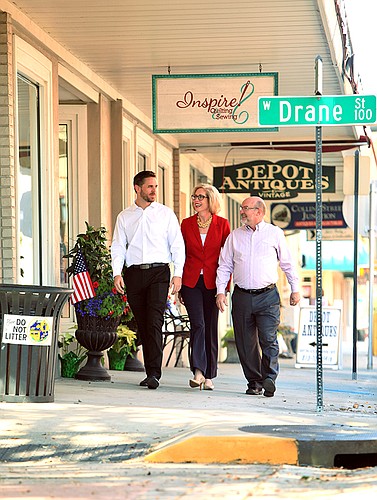- December 15, 2025
-
-
Loading

Loading

Executive Summary
Community. Plant City Issue. The city has cultivated a pro-business message. Key. Multiple entities have worked together to reshape the city's brand.
Plant City business and civic leaders faced a stark reality three years ago: Lakeland, the city's neighbor down Interstate 4, had hammered the east Hillsborough County city in economic development.